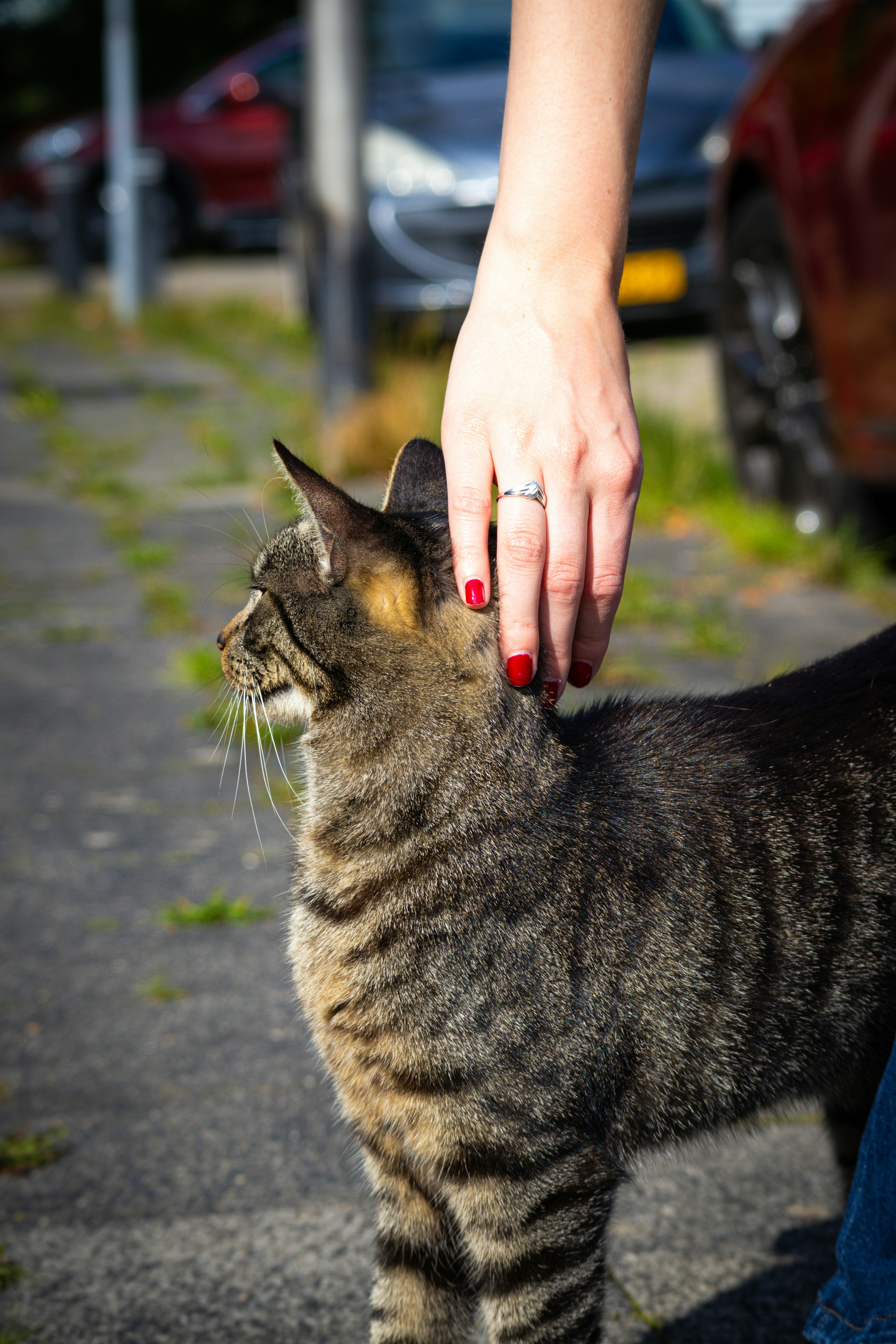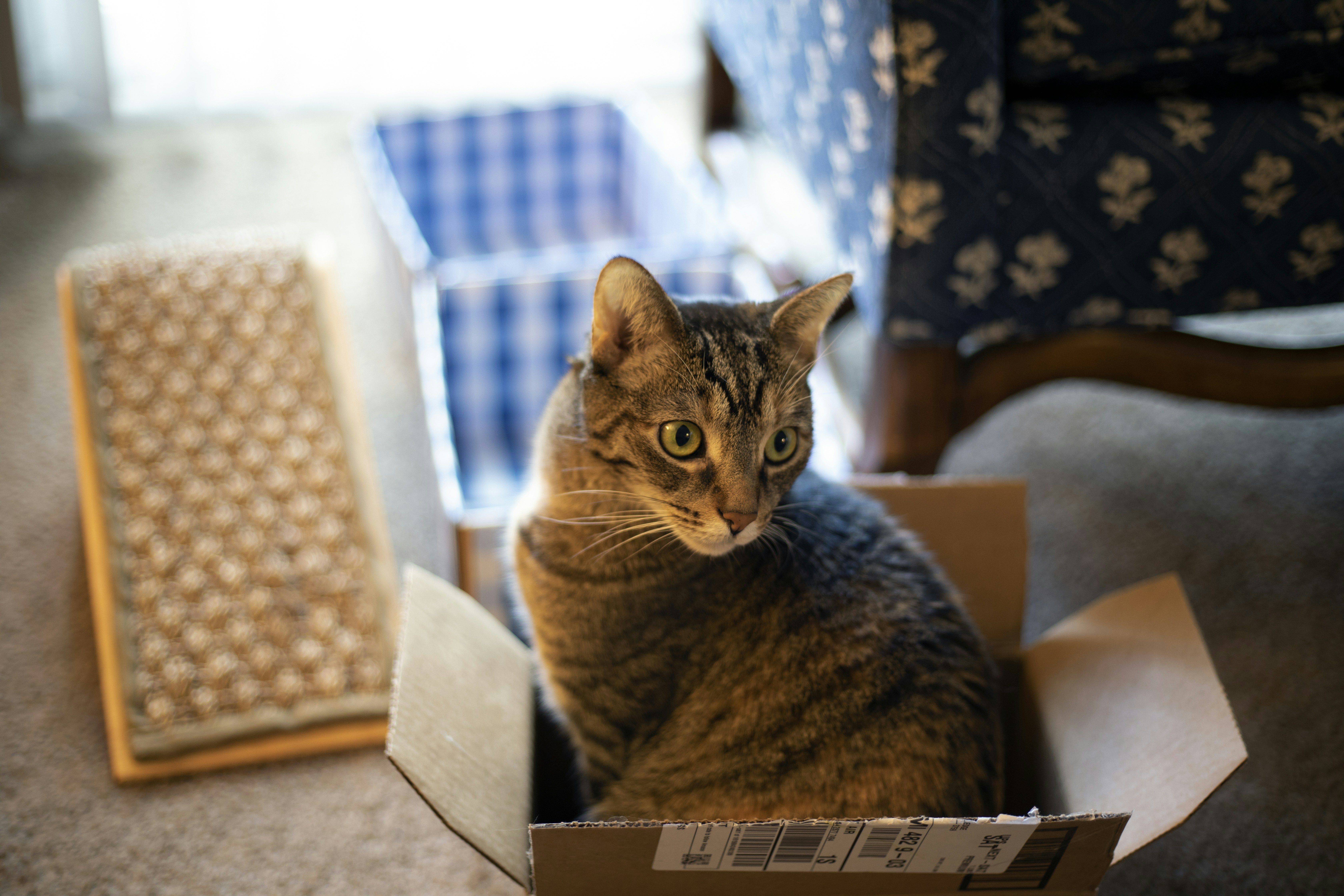Understanding Your Cat’s Needs
To ensure your feline companion remains healthy and happy, it is imperative to understand their fundamental needs. Cats are instinctual creatures, and recognizing their behavioral patterns can significantly enhance their well-being. Firstly, providing a balanced diet is essential. Cats, being obligate carnivores, require a diet high in protein and essential nutrients. The right cat food can prevent health issues such as obesity and dental disease while supporting their energy levels and overall health.
Hydration is another critical aspect of your cat’s needs. Cats often do not drink as much water as needed, especially if they are primarily fed dry food. To promote proper hydration, consider offering both dry and wet food options. Additionally, providing fresh and clean water at all times is vital. Some cats may prefer running water, so utilizing a cat water fountain can encourage them to drink more.
Regular veterinary visits are also instrumental in maintaining your cat’s health. Routine check-ups help in early detection of potential health concerns and vaccinations, ensuring your pet receives the necessary preventive care. Alongside physical health, mental stimulation is crucial for a cat’s happiness. Engage your pet with interactive toys, scratching posts, and climbing structures that replicate their natural behaviors. Cats are natural explorers and hunters; thus, creating an environment filled with opportunities for play and exploration can prevent boredom and promote physical activity.
Ultimately, providing a nurturing environment that caters to your cat’s instincts is fundamental in fostering their overall well-being. By understanding their dietary needs, ensuring proper hydration, prioritizing veterinary care, and promoting mental stimulation, you can create a fulfilling life for your feline friend. Addressing these needs not only contributes to their longevity but also enhances their overall quality of life.
Nutrition: The Foundation of Health
Ensuring that your cat receives appropriate nutrition is essential for their overall health and well-being. Cats, as obligate carnivores, require a diet rich in animal proteins. It is important to choose high-quality cat food, whether dry or wet, that lists meat as one of the first ingredients. Each type of cat food has its own set of advantages; for instance, wet food contains higher moisture levels beneficial for hydration, while dry food can aid in dental health by reducing plaque buildup.
The nutritional needs of cats vary based on several factors including age, activity level, and health status. Kittens require more calories and nutrients to support their rapid growth, while adult cats need a balanced diet to maintain their weight and energy levels. Senior cats may have specific dietary needs that require lower calories or higher fiber content to support their aging bodies. Consulting with a veterinarian can help owners to select the most appropriate food that caters to their cat’s specific life stage and health conditions.
Portion control is another crucial aspect of feline nutrition. Overfeeding can lead to obesity, which is increasingly becoming a common health issue in cats. It is vital to follow the feeding guidelines provided on the cat food packaging, adjusting portions based on the cat’s activity level and weight management goals. Pet owners should also be diligent in reading pet food labels to identify sources of protein, fats, and carbohydrates, as well as to avoid low-quality fillers and additives. Understanding these components can empower cat owners to make informed choices that cater to their pet’s dietary needs effectively.
The Importance of Physical and Mental Exercise
Ensuring that your feline companion remains both physically and mentally stimulated is essential for their overall health and well-being. Cats are naturally active animals, and providing them with ample opportunities for play and exploration can prevent behavioral problems and obesity, which are common concerns among indoor cats. One effective way to promote physical exercise is through interactive playtime. Utilizing toys such as feather wands, laser pointers, and balls can engage your cat’s predatory instincts, encouraging them to run, jump, and pounce.
Alongside active play, it is vital to introduce toys that stimulate your cat’s mental faculties. Puzzle feeders, for example, can challenge their problem-solving abilities by requiring them to work for their meals or treats. Engaging toys that make use of sound and movement can also serve to capture your cat’s attention, making playtime an enriching experience. Regularly rotating these toys will keep your cat interested and prevent boredom, which can lead to destructive behaviors.
Moreover, creating an environment that mimics the outdoors can enhance your cat’s mental stimulation significantly. Scratching posts and climbing trees are essential for promoting healthy behaviors, such as scratching to maintain claw health and climbing for physical exercise. These items not only help to fulfill your cat’s natural instincts but also contribute to their overall happiness and well-being.
Encouraging safe hunting behaviors is another important aspect of keeping your cat active. Hide-and-seek games or strategically placing treats around the house can stimulate their tracking and stalking instincts in a secure manner. In summary, incorporating a variety of playtime activities, engaging toys, and features designed for climbing and scratching can significantly improve your cat’s physical and mental exercise, promoting a happy and healthy lifestyle.
Regular Health Check-ups and Preventative Care
Regular health check-ups and preventative care are essential components for maintaining your cat’s overall well-being. It is advisable to schedule annual veterinary visits for your feline companion, even if they appear healthy. These routine examinations allow veterinarians to detect early signs of illness, ensuring that any potential health issues are addressed promptly. Cats are remarkably good at hiding discomfort, so routine check-ups can reveal underlying problems that may otherwise go unnoticed.
Vaccinations play a vital role in safeguarding your cat against various contagious diseases. Common vaccinations include those for rabies, feline leukemia, and feline distemper, among others. Your veterinarian will tailor a vaccination schedule based on your cat’s age, lifestyle, and specific health needs. Keeping up with vaccinations not only protects your cat but also contributes to the greater community by preventing the spread of infectious diseases.
In addition to regular veterinary visits and vaccinations, practicing preventative care at home is crucial for your cat’s health. Being vigilant about your cat’s behavior can help identify potential health concerns early. Look for signs such as changes in appetite, unusual lethargy, or alterations in grooming habits. These could indicate underlying health issues that might need veterinary attention.
Another aspect of preventative care is grooming. Regular brushing helps reduce shedding and prevent matting while also allowing you to monitor your cat’s skin condition. Additionally, dental health is often overlooked; dental disease can affect not only your cat’s mouth but can also lead to serious systemic health issues. Regular tooth brushing and dental check-ups are advisable to promote longevity and a high quality of life.

